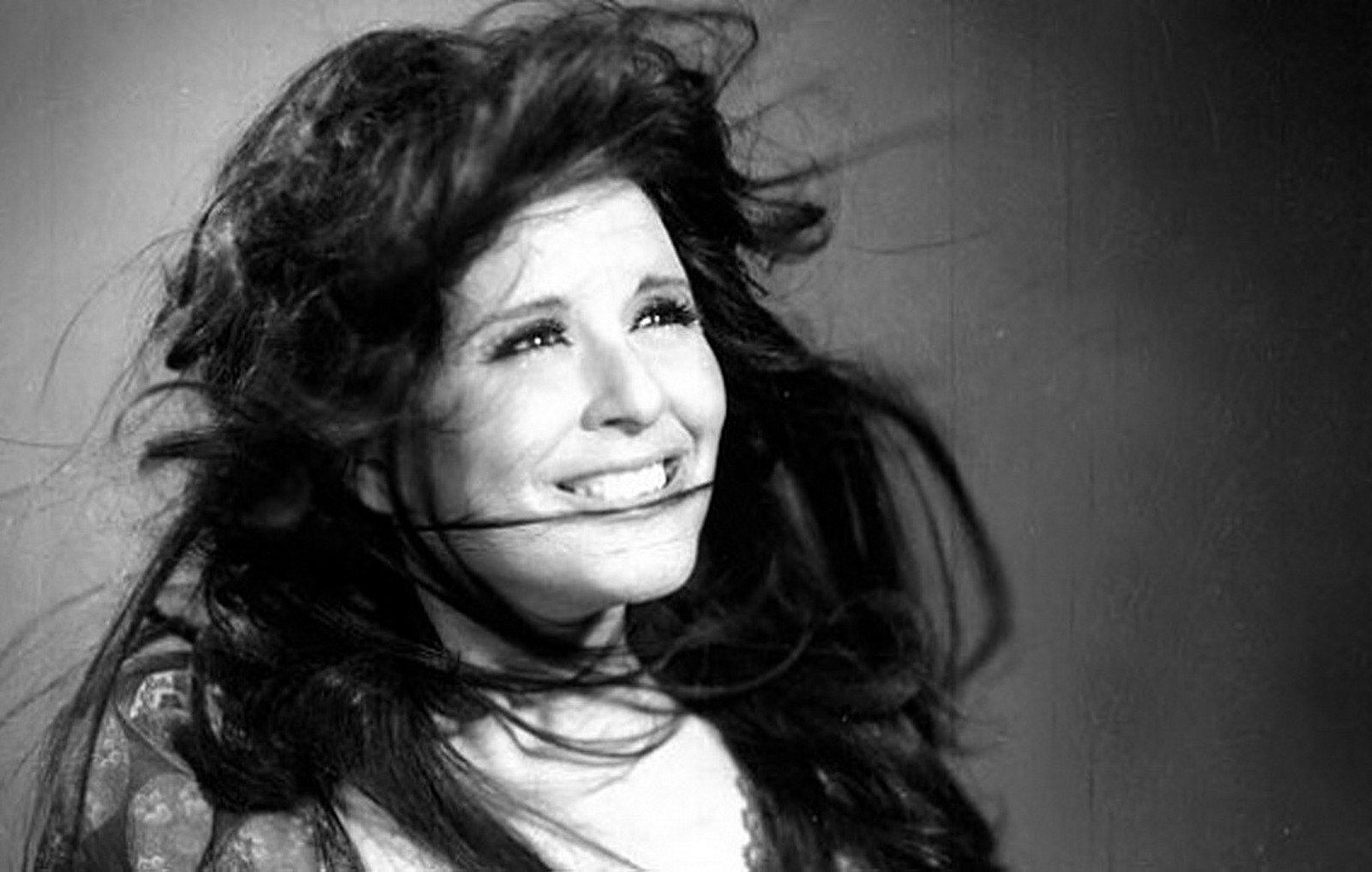The Egyptian silver screen

Nour El Sherif: An artist with a message. With some 200 silver screen titles over the course of a four decade-long career — met with either critical acclaim or commercial success — Nour El Sherif, is no doubt one of Egypt’s most prized professional actors. El Sherif got his start after being cast in a supporting role in an adaptation of Naguib Mahfouz’s novel Kasr Al Shawk (Palace of Desire, 1967) shortly after graduating from the High Institute of Dramatic Arts in 1967. It wasn’t until 1972 when El Sherif starred in Makan Lil Hob (A Place for Love) — which takes place in the aftermath of the 1967 war — when he began etching his mark as an actor with a penchant for strong social commentary. His role in Al Karnak (1975), another Naguib Mahfouz adaptation, is one of the first major performances audiences receive of El Sherif in a highly dynamic and heart-wrenching portrayal of a young medical student, Ismail, who becomes wrongfully swept up by police following a protest. Ismail, who starts out the film as a cleanly shaven force of hope in state institutions among a group of Leftist activists, is brutally ground down by torture and emerges disallusioned and broken. The film is an incredibly painful display of cruelty that showcases El Sherif’s range early on in the young actor’s career. His 1991 biopic of the assassinated Palestinian cartoonist Naji Al Ali, which he both produced and starred in, shows El Sherif taking on one of his most politically charged roles. The film was banned from Egyptian theaters shortly after its release and drew criticism from regional governments for its negative portrayal of Arab states’ approaches to the Israeli-Palestinian conflict.
Fierce convictions, pragmatically tempered: While El Sherif’s legacy can be looked at through his carefully considered political messaging in film, his more commercial achievements in television and complex interpersonal roles have made him a household name for many more. His lead in Lan Aiesh Fi Gelbab Aby (I Won't Live in My Father's Shadow, 1996) and the 2001 Ramadan hit Haj Metwali's Family generated widespread admiration from broader audiences in recent years. Appearances in several films by Youssef Chahine, most notably in the 1982 production Hadoota Masreya (An Egyptian Story) saw El Sherif lead a deeply moving take on the somewhat unhealthy pursuit of the director’s own success and is widely recognized as a cult classic in Egyptian film. Even if overlooked for bringing bitter social realities to the movie screen, his personable and often modest charm make him an icon in the field.

A romance icon with subversive undertones: Widely referred to as “Egypt’s Cinderella,” Soad Hosni was at the forefront of the romance genre in Egyptian film from the late fifties through her untimely death in 2001. The title, though, fails to capture the diversity in Hosni’s career that makes her a true cinematic icon. Hosni started performing for audiences at just three years old while singing for the children’s radio show Papa Sharo. Her transition to film came when she was cast as Naima, a young girl who chases love instead of wealth and her father’s wishes in Hassan wa Na’ima (1959). Hosni was often cast for the sort of roles that portrayed a youthful and almost naive innocence like those seen in Sagheera Ala El Hob (Too Young for Love, 1966) and Khally Ballak men ZouZou (Take Care of ZouZou, 1972). And while some of these earlier films drew on stereotypes that positioned female actors as objects of desire, they also shed light on harmful power dynamics in Egyptian relationships like in Al-Qahira 30 (Cairo 30,1966) where Hosni’s character finds herself faced with crippling poverty on one hand and a life of domestic servitude to a wealthy man on the other.
More overt messaging: Hosni began appearing in films that more directly dealt with social and political issues in the 1970s, widening the actress’ scope well beyond the heartthrob she became known for during her first decade of work. Ala Man Notlik Al Rosas (Whom Should We Shoot? 1975) and Al-Karnak (1975) both saw Soad Hosni cast as part of an idealistic crew of college students who are brutally confronted with the reality of their surrounding political environment in the aftermath of the 1967 war. Her characters in both films are brave, highly educated, independent women that hold it together amid immense hostility. While undoubtedly one of the most widely adored actresses across the Arab world, Soad Hosni also challenged many longstanding notions about society and women both covertly and head on.